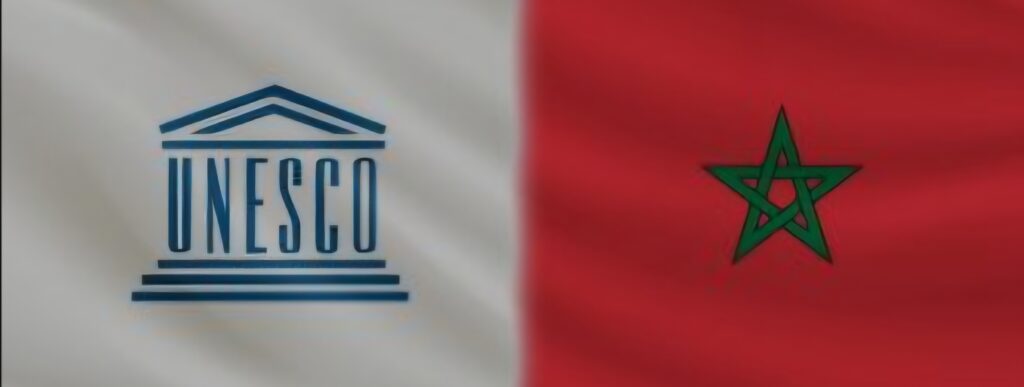By: Julius Konton
Morocco has scored a major diplomatic victory, securing a seat on the Executive Board of the United Nations Educational, Scientific and Cultural Organization (UNESCO) for the 2025–2029 term.
The Kingdom received 146 votes, the highest result among the Arab Group, surpassing Jordan (131 votes) and Egypt (114 votes), while Algeria and Sudan were eliminated in the voting round.
The result is being hailed as a strong vote of confidence in Morocco’s international standing and its role within multilateral organizations.
A senior UNESCO official, speaking immediately after the announcement, praised Morocco’s engagement, stating:
“Morocco has consistently demonstrated a constructive and visionary approach to UNESCO’s work.
The strong vote reflects the confidence Member States have in Morocco’s leadership and in its commitment to advancing dialogue, education, and cultural understanding.”
Diplomatic observers say the victory underscores the international community’s recognition of the reform-oriented leadership of His Majesty King Mohammed VI, particularly in promoting multilateral cooperation, cultural diplomacy, and South–South partnerships.
A member of the Moroccan delegation in Paris described the victory as a continuation of Morocco’s global engagement:
“This election is not just a win for Morocco, it is a win for cooperation, for solidarity, and for the values that UNESCO represents. Morocco will continue to be a voice for consensus and dialogue.”
He added that the Kingdom intends to use its new mandate to strengthen global collaboration in priority areas:
“Our focus will be to support programs that protect cultural heritage, expand access to education, champion scientific innovation, and ensure that digital transformation benefits all societies.”
UNESCO’s Executive Board plays a central governance role, shaping policy direction, evaluating program implementation, and overseeing the organization’s global activities. Morocco’s position on the board will allow it to influence strategic decisions on education, culture, science, and communication over the next four years.
Another UNESCO representative noted the significance of Morocco’s active diplomacy:
“Morocco brings a perspective that bridges Africa, the Arab world, and the international community. Its participation strengthens UNESCO’s mission and enriches our global dialogue.”
The Ministry of Foreign Affairs of Morocco welcomed the election as evidence of growing global trust in the Kingdom’s diplomatic leadership, stating that the country will work to “promote universal values of dialogue, mutual respect, tolerance, and peace.”
With this success, Morocco further reinforces its presence in key international organizations, while positioning itself as a leading advocate for cultural diplomacy and sustainable development.


